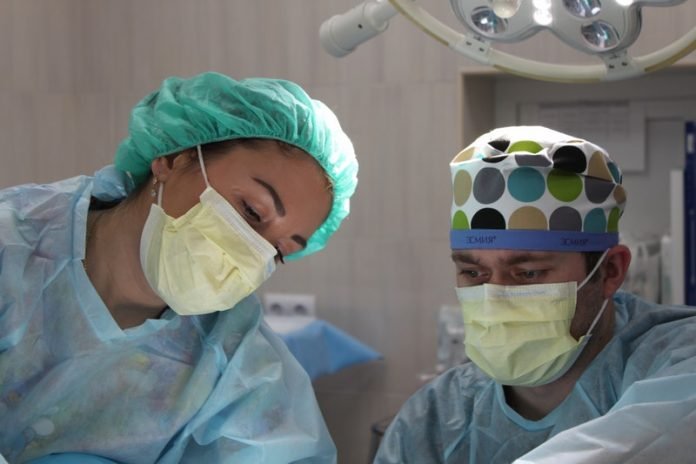
Muscle soreness and achy joints are common symptoms among COVID-19 patients.
But for some people, symptoms are more severe, long-lasting, and even bizarre, including rheumatoid arthritis flares, autoimmune myositis, or ‘COVID toes.’
In a new study, researchers confirmed and illustrated the causes of these symptoms through radiological imaging.
They found that the COVID virus can trigger the body to attack itself in different ways, which may lead to rheumatological issues that require lifelong management
The research was conducted by a team at Northwestern Medicine.
In the study, the team reviewed data from patients who presented to Northwestern Memorial Hospital between May 2020 and December 2020.
Many patients with COVID-related musculoskeletal disorders recover, but for some individuals, their symptoms become serious, are deeply concerning to the patient or impact their quality of life, which leads them to seek medical attention and imaging.
That imaging allows the team to see if COVID-related muscle and joint pain, for example, are not just body aches similar to what we see from the flu—but something more insidious.
Imaging (CT, MRI, ultrasound) can help explain why someone might have prolonged musculoskeletal symptoms after COVID, directing them to seek the right physician for treatment, such as a rheumatologist or dermatologist.
In some cases, radiologists may even suggest a COVID diagnosis based on musculoskeletal imaging in patients who previously didn’t know they contracted the virus.
The team found that in some patients, the nerves are injured and in others, the problem is impaired blood flow (clots).
They say it’s important to differentiate between what the virus causes directly and what it triggers the body to do. It’s important for doctors to know what’s happening in order to treat it correctly.
For example, if a patient has persistent shoulder pain that started after contracting COVID, their primary care provider might order an MRI/ultrasound.
If a radiologist knows COVID can trigger inflammatory arthritis and imaging shows joint inflammation, then they can send a patient to a rheumatologist for evaluation.
In the paper, the researchers discuss the various types of musculoskeletal abnormalities that radiologists should look for and provide imaging examples.
One author of the study is Dr. Swati Deshmukh.
The study is published in the journal Skeletal Radiology.
Copyright © 2021 Knowridge Science Report. All rights reserved.



